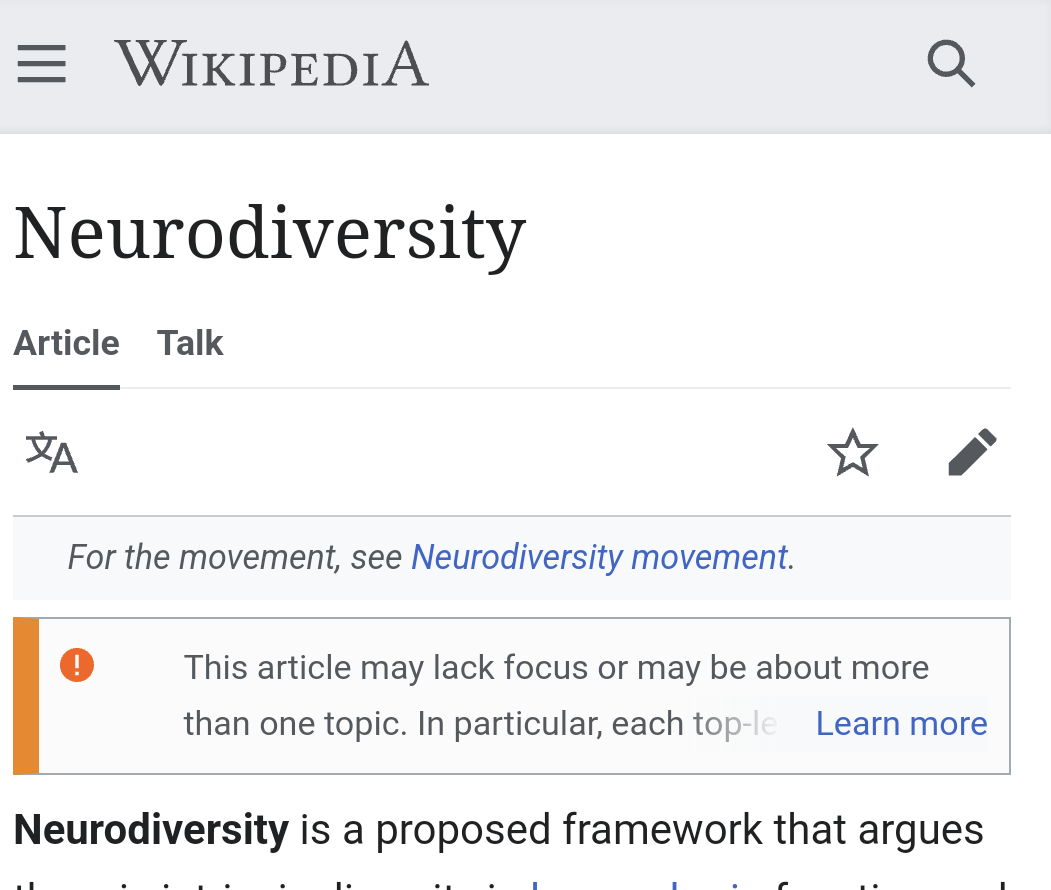My partner was also the one who suggested that might have ADHD. It sort of made sense to at least try since I'd been struggling with being "normal" since I was about 8, so I gave it a shot.
So I got diagnosed last year as an adult. Getting diagnosed doesn't immediately change anything (well, no shit), but it can help you be better informed when developing systems to make your life more functional.
For example, having things you need to do a task close by on hand. By having a small trash can on my desk, compared to just a bigger bin on the other side of my room, I no longer pile up trash on my desk forever before throwing it away once I run out of room.
In regards to medication, if you've managed to make it this far and hold down a job like me, you're likely to be prescribed some short acting medication to start for days you really need to get things done.
I have inattentive type ADHD and I take Ritalin 10mg only on days I need to either get a lot of work done, or when I have long meetings to attend because I struggle to stay awake when I'm unengaged.
Before this was all suggested to me, I honestly thought I was narcoleptic because I was always such a sleepy person when I'm bored. It took having a mutual friend get diagnosed for my partner to realise similarities, and then me getting diagnosed to realise that the friends I attract tend to be "different" themselves.
My parents continue to refuse to acknowledge that I'm anything but neurotypical, which had made my younger years a lot harder than I wished it could've been.
The diagnosis just helped me be more aware about the specific challenges I have to face, like task paralysis, or the compulsive filling in I do when a friend pauses too long in the middle of a sentence, or how I struggle to remember things when I get distracted. The ADHD was always a part of you, but now you can find life hack tips that actually work!
Best wishes, from a fellow late-diagnosed person :)
